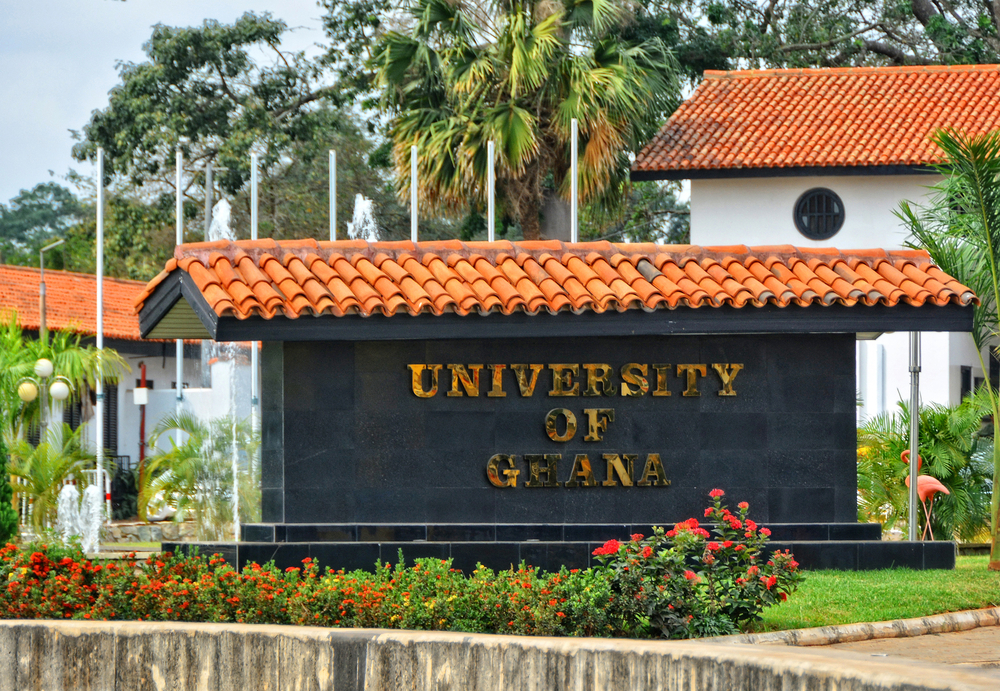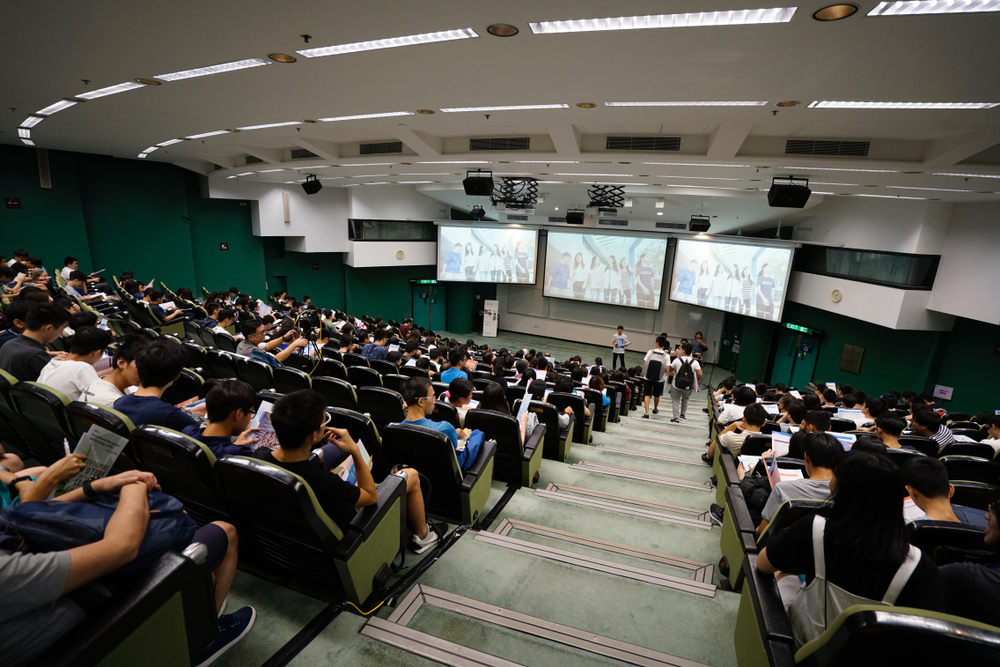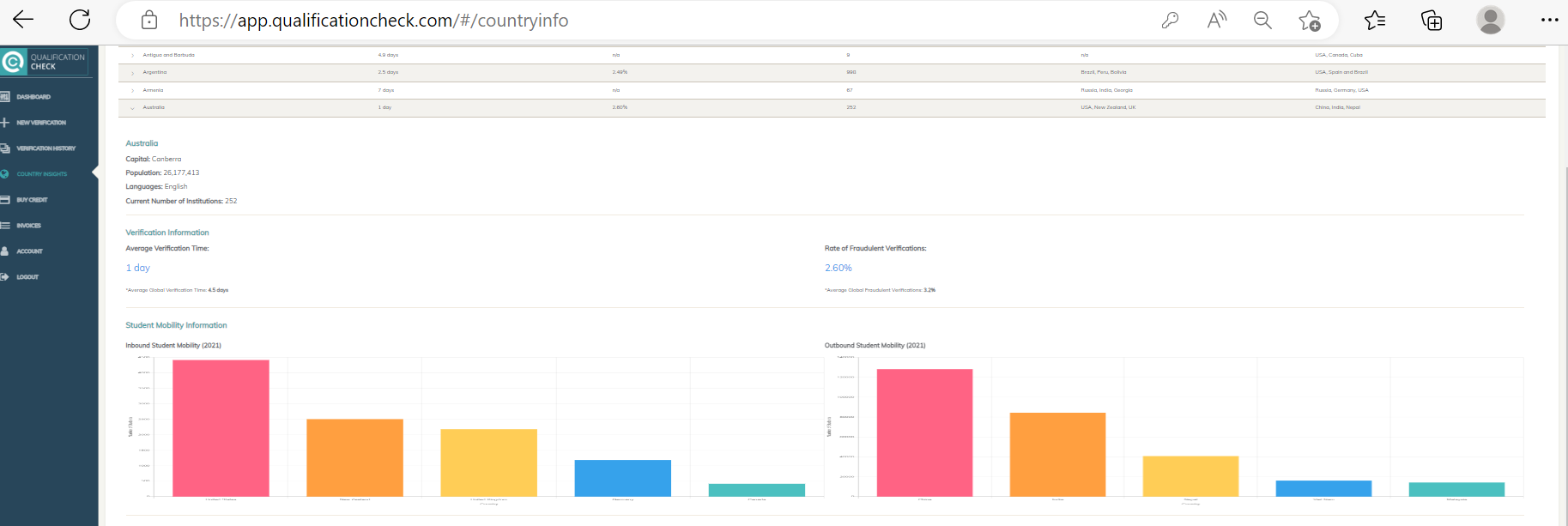
As Ghana becomes a target country for student recruitment departments around the world, we look at the West Africa country’s education system and the history that has created such an eligible market.
Industry
Traditional Ghanaian industries such as agriculture, mining and later oil and gas, have been supplemented in the twenty first century by IT and automotive manufacturing. Gross Domestic Product (GDP) in Ghana has grown exponentially from $5bn in 2000 to $70bn in 2020, giving the Ghanaian government the resources to invest in education of the wider population.
Education
Ghana introduced free secondary education for all with the FCUBE (Free Compulsory Universal Basic Education) Act of 1996, creating a well-educated youth to age 15. Senior high school education (aged 16-18) became free in 2018, and the demand for higher education has grown dramatically as young Ghanaians seek to differentiate themselves in a fiercely competitive employment market.
Universities
Ghana’s higher education system began in 1948 with the creation of the University of the Gold Coast, now the University of Ghana. In the decades since, twelve more institutions (public & private) have been accredited. However, domestic universities are struggling to meet the needs of a population of 33 million people, of whom 57% are under the age of 25. Public universities are currently state-subsidised but charge tuition fees to supplement their income.
Student Mobility
The high quality of Ghanaian universities make them a popular choice for students from surrounding countries. At the same time, Ghanaians are increasingly choosing to study outside Ghana, with 18,200 under-graduate and post-graduate students studying abroad in 2020. Preferred destinations include the UK, the USA and Germany.
One of the official languages of Ghana is English, ensuring easy transition for many under-graduates onto English language-based masters courses.
Qualification Check has seen a sharp increase in verification requests on graduates from Ghanaian universities in the last five years. A ten-fold growth in checks in 2022, and indications of a similar increase in 2023 show the growing number of Ghanaians studying or working outside their home country.
Conclusion
Efficient verification processes and good local relationships with universities have allowed an average turn-around time of slightly over seven days, making Ghanaian applicants as a group, easy to process.
With good language skills, sound primary and secondary education, and tertiary qualifications that are quick and easy to verify, Ghanaian students are an attractive proposition for universities seeking to grow their international student cohort.


